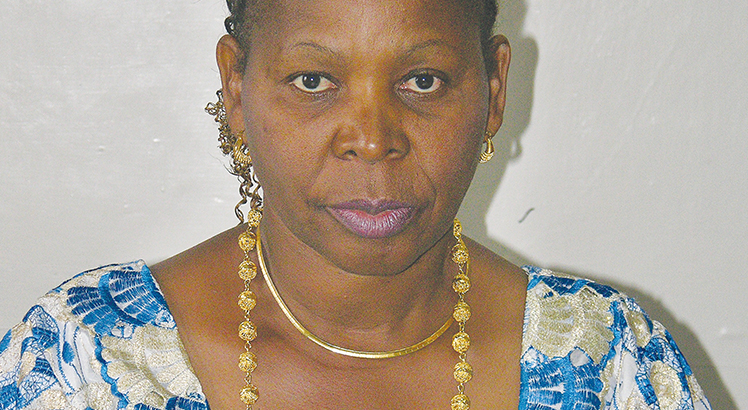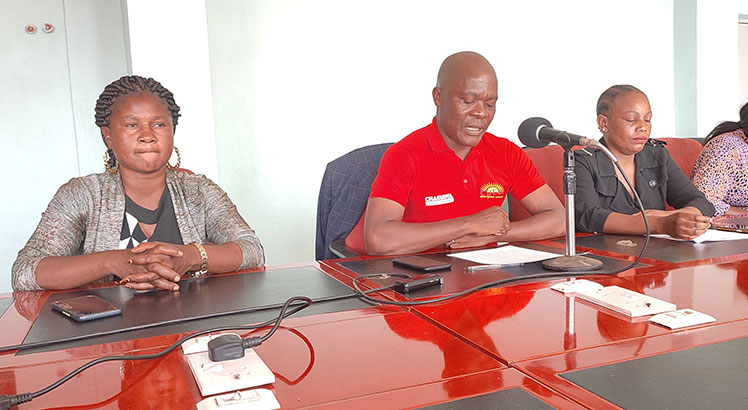Malawians mourn Emmie Chanika
People from across the country have mourned the passing on of women’s rights and civil rights activist Emmie Chanika.
According to a family member, Tonny Kachikondo, the activist died yesterday morning at Kamuzu Central Hospital (KCH) in Lilongwe after suffering a stroke.
“She suffered from a stroke some weeks ago. Unfortunately, from that point she never fully recovered until this morning [yesterday] when she passed on,” he said.
Chanika’s remains were expected to be taken to Blantyre last evening for burial tomorrow at HHI cemetery. Vigil is taking place at her residence in Namiwawa.

Kachikondo described Chanika as a pillar of the family who was always available when the need arose.
“She loved everyone, even her extended family. She was always helpful and will be greatly missed by the family,” he said.
Born on May 26, 1956, Chanika founded the first human rights organisation in Malawi, Civil Liberties Committee (Cilic), and also organised the first march ever for women’s rights in the country.
“Chanika was an icon and great mentor to many young women and men and has produced numerous human rights activists of this generation. She lived genuine activism and advocacy,” said Habiba Osman, executive secretary for the Malawi Human Rights Commission, who first human rights worked for Cilic.
Lawyer Ralph Kasambara, SC, who also worked with Cilic described her death as huge loss to the nation.
He said: “She was one of the gallant women, so principled and stood by what she believed in. The human rights movement has lost one of the fearless women and pioneers of the movement in the country.”
On his part, Undule Mwakasungula described Chanika as an exceptional and rare character, true human rights advocate, very open and brave activist.
“It’s unfortunate she is gone but her legacy will still live. Very sad that much as she contributed a lot to fighting for the democracy and rights we are enjoying now, she was more forgotten as it has been the trend in Malawi,” he said.
Nation Publications Limited (NPL) journalist Caroline Somanje who extensively covered Chanika’s events said: “Chanika was one of the rare women sources to have ever availed herself to the media. She was readily available to give out information without fear.
“I say rare because many women are reserved or lack confidence. With her gone, she leaves a glaring gap in an already women deficit source reserve. She was never short of what to say and stood for what she truly believed in a gallant fight for human rights. Her legacy lives on.”





